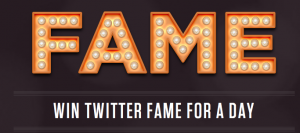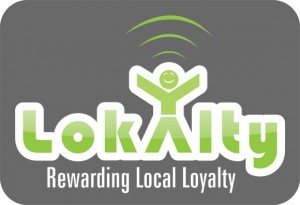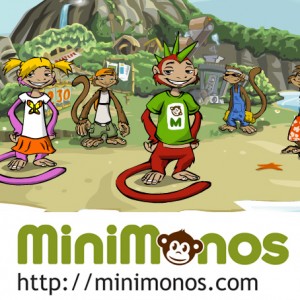 Seattle, Washington: Microryza is tackling the lack of funding for scientific research using “crowdfunding.” Thinking differently regarding what should drive the bidding and decided to not follow along the lines of Kickstarter with prizes or exclusives, instead the offer the gift of learning. In the companies FAQ they explain the decision to forgo the prizes,
Seattle, Washington: Microryza is tackling the lack of funding for scientific research using “crowdfunding.” Thinking differently regarding what should drive the bidding and decided to not follow along the lines of Kickstarter with prizes or exclusives, instead the offer the gift of learning. In the companies FAQ they explain the decision to forgo the prizes,
Other crowdfunding websites provide tangible returns. Why doesn’t Microryza researchers provide tangible rewards?
We believe the real value is in the process, regardless of whether or not you meet your project aims. While providing donors with tangible rewards is good at getting funding, we don’t want you to be held liable if you don’t achieve your promised rewards.We understand that sometimes, your research project just doesn’t go as expected. That’s alright, because that is just the nature of research. If you knew things what to expect, then you wouldn’t be doing anything new.
Co-founder Denny Luan states, “what matters is the process, not the results,” says Luan “You can’t really offer things like ‘I will name a newly discovered butterfly species after you’” in the hope that you can deliver that if you get funded.
I am going to borrow a paragraph from the website Insidehighered, due to both their outstanding story and the fact that they’ve followed the progress of Microryza for some time now.
There’s a strong social component to the startup that Luan is building with Microryza – it’s not just a place for funding, but a place for networking and sharing research. In fact, Luan describes Microryza as a “social learning” site, and he’s clear that while the goal is certainly to have scientific research projects funded, the emphasis isn’t just on the outcomes of that research. It’s on the process itself.
What is the cost for either donor or researcher? “We take a small transaction fee for all successfully funded projects, which is 10%. This includes the 3% processing fee we have to pay for payment processing.For details on how the payment processing fee is calculated, please view Stripe’s pricing. If your project does not meet its goal, we won’t charge to you or your donors.” Are donations tax-deductible? They will be soon! We’re currently working on channeling your donations directly to the researcher’s host institution so that you can receive a tax receipt from the Institution’s respective 501(3)c entity. Stay tuned for more info.
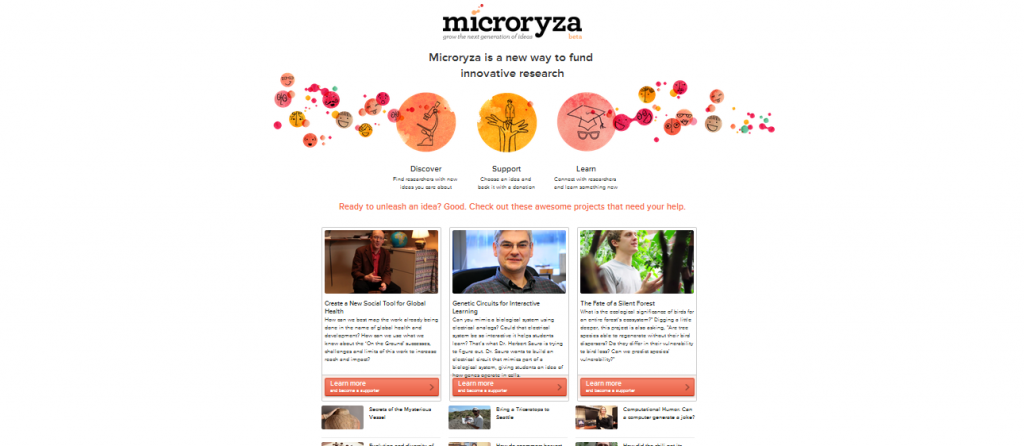
The overall design of the site is very attractive yet is also usable. There are currently only 8 projects up on the site and they are cycled through in the top three slots highlighting the projects.
Each project is given space to include a brief introduction of the project, researcher, and includes a place to include any relevant publications or papers they’ve contributed on. The researcher is then asked a number of questions some of which are more generic as seen below and others are more targeted to their project:
- So what is your project all about?
- What inspired you to pursue this idea?
- So this project challenges (this or that idea or problem)
- Why does this project matter to you?
- How do you define success?
- What do you plan to share with your backers?
- What’s the risk associated with a project like this?
- If you could tell your backers any one thing, what would it be? Seriously, anything.
- And what does this project depend on in order to be successful?
- What are the next steps for this project?
- What if it succeeds?
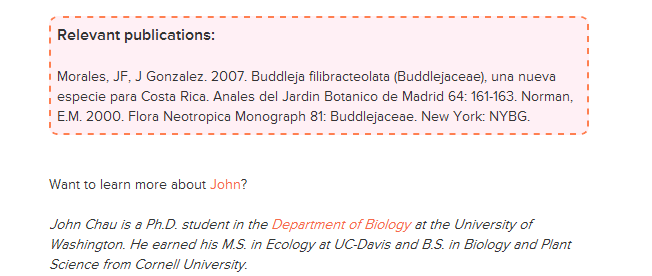
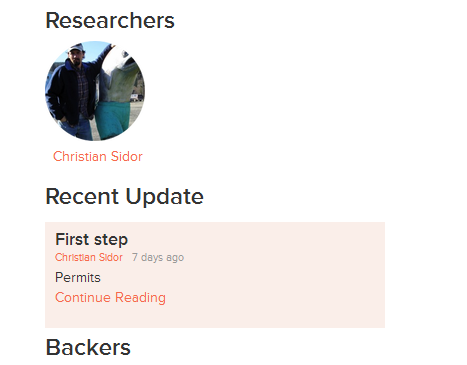
Some of the Denny Luan quotes are from this article over at insidehighered UNFORTUNATELY, I did not manage to note who the original source was for this story, I saw it in our Google+ Stream
 Des Moines based Goodsmiths, the “Market Place for Makers” is now open for business. The co-founders James Eliason and Levi Roscol opened up for a soft launch on Wednesday April 4th. They characterized it as a soft launch because at opening they were only using local payment provider Dwolla. They’ve since added Paypal as a payment option.
Des Moines based Goodsmiths, the “Market Place for Makers” is now open for business. The co-founders James Eliason and Levi Roscol opened up for a soft launch on Wednesday April 4th. They characterized it as a soft launch because at opening they were only using local payment provider Dwolla. They’ve since added Paypal as a payment option.





